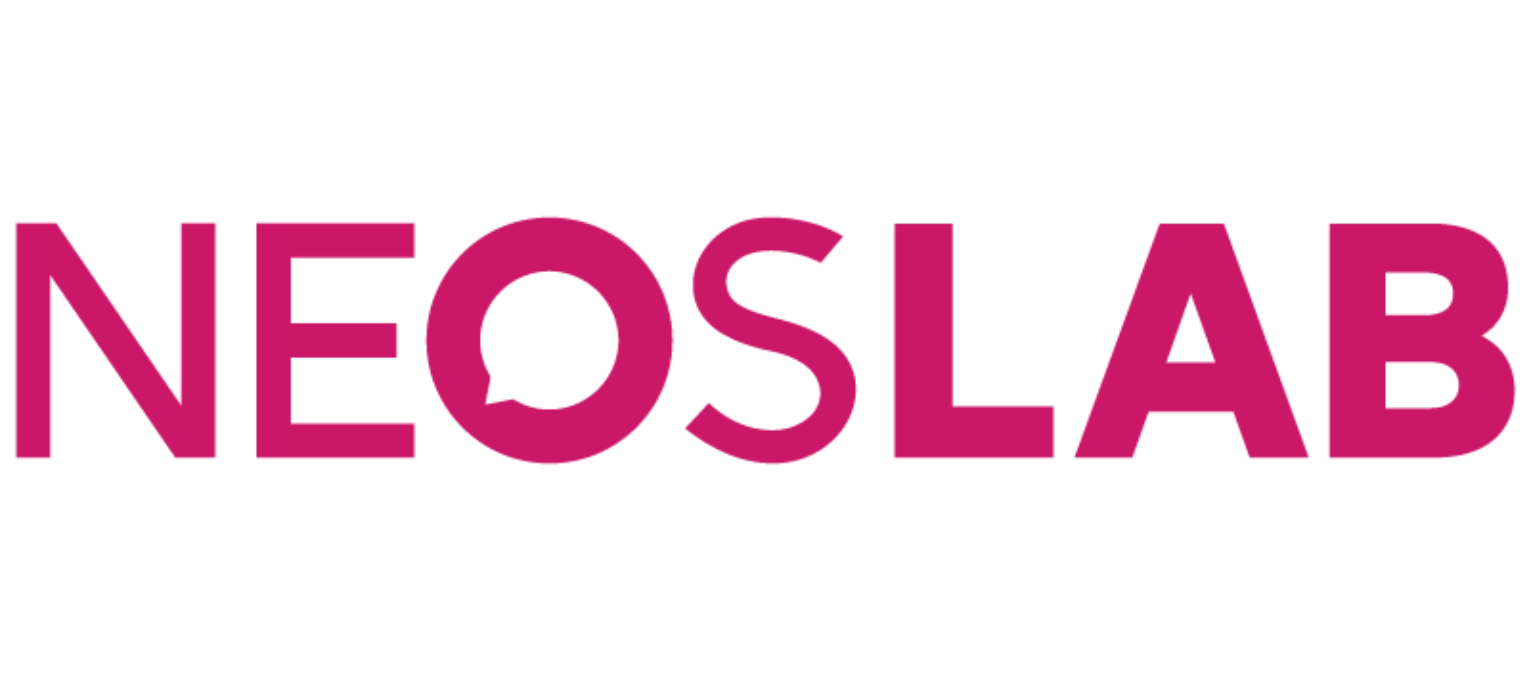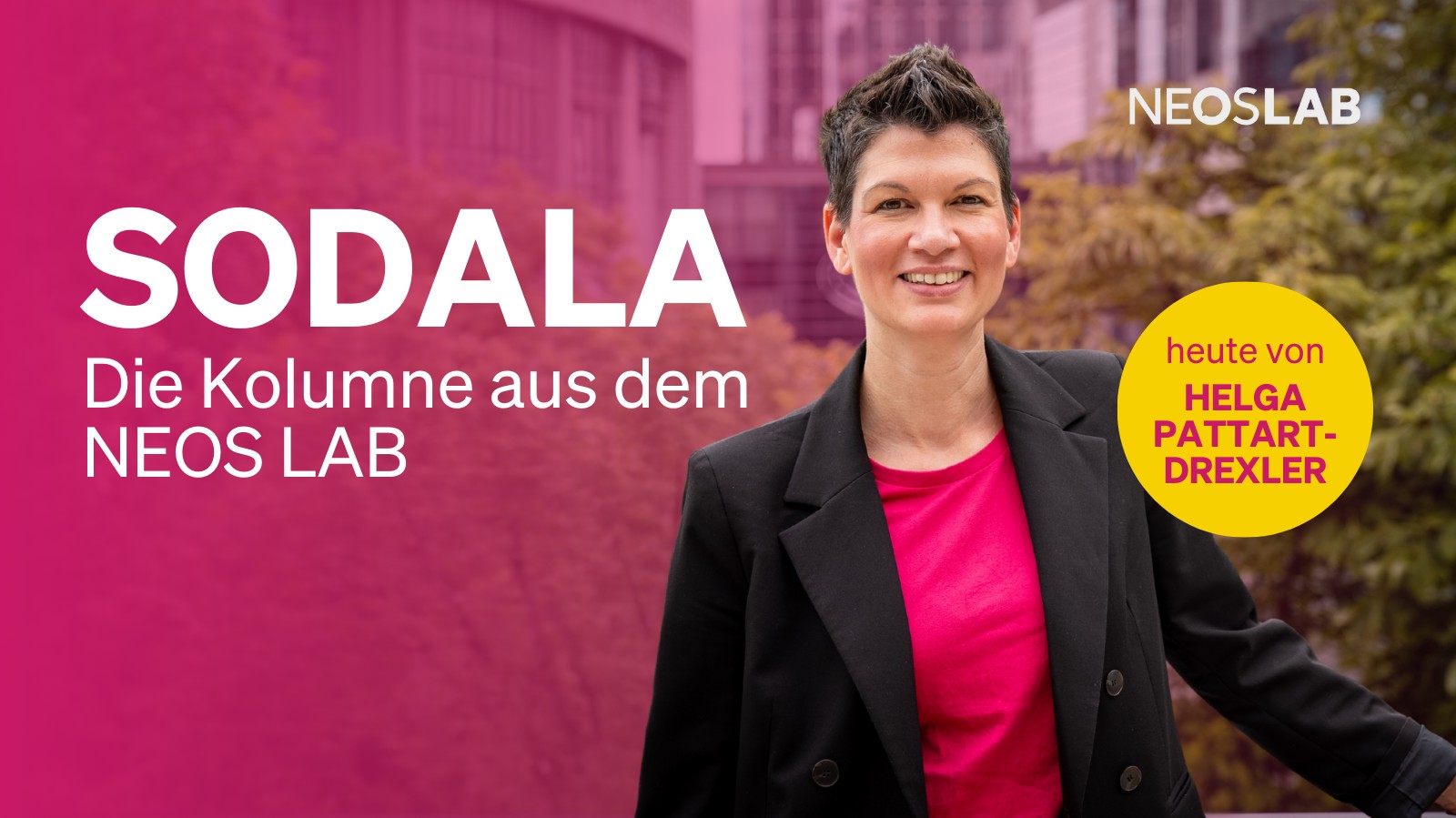Will the Dutch keep their cool?
Ein Gast-Blogbeitrag von Joost Sneller
On March 15th some twelve million voters will go the polls for the general elections in the Netherlands. These elections are shaping up to be the most important in our recent history. The question at the heart of the campaign is what kind of country we want to be. Do we want to remain open, tolerant, internationally oriented and forward-looking or not? In this sense, the turbulence following Trump’s election and Leave’s victory in the Brexit referendum is also casting its shadow on the Dutch electoral campaigns.
Pessimism in the face of success
By most objective standards, the Netherlands is doing relatively well: it ranks in the top-5 of most competitive economies globally, it boasts the best health care system in Europe and has one of the highest levels of interpersonal trust in the world. Moreover, economic growth is among the highest in Europe, household consumption has exceeded pre-crisis levels and participation rates of minorities in higher education and the labour market are steadily increasing. Nonetheless, there is a remarkable sense of pessimism among parts of the electorate. This can partly be explained by the fact that not everyone is feeling the benefits of economic recovery yet, while many people suffer from or fear the consequences of globalization and immigration. Furthermore, there is an increasing sense of alienation from several leading politicians. Prime minister Mark Rutte (VVD), for instance, has lost a lot of credibility due to a series of broken campaign promises he made in 2012.
The populist wave
As in other countries, populist politicians in the Netherlands have found their favorite (and common) scapegoat in the European Union, refugees, immigrants and ‘the political establishment’. Furthermore, they seek to aggravate and exploit these sentiments for their own electoral benefit. Foremost among them is Geert Wilders and his Party for Freedom (PVV) that want to ban the Quran, end Dutch membership of the EU and close down all mosques. He is the stereotypical populist in the anti-pluralist sense in which political scientist Jan-Werner Müller – who is currently a fellow at the University of Vienna – defines it. Interestingly, he has lost several elections in a row, but has been leading most polls. The progressive liberals (D66 – Democrats ’66) have opposed the PVV since its very beginning, drawing inspiration amongst others from now-European Commissioner Margrethe Vestager’s admonition to “fight the extreme, while it’s still extreme” based on her experiences with populists in Denmark. Paradoxically, as Wilders’ political positions and statements have in fact become ever more extreme over the years, they seem more mainstream.
Victory by contagion
The main reason for this is that other parties, such as the Christian Democrats and the conservative VVD (for whom Wilders used to be an MP), have taken the opposite approach towards the PVV. First, they governed with him in an ill-fated coalition from 2010 until 2012, which provided Wilders with an aura of acceptability. Both parties have said they will not enter into a coalition with him again, but – especially with regard to the VVD – many people remain unconvinced they will live up to this promise. Second, they have either copied or tried to imitate his policies and his vocabulary, in a phenomenon called ‘contagion’. This is also evidenced by their trajectories on the so-called electoral compass over the past 10 years. This methodology scores parties on both a socio-economic (left/right) and socio-cultural (conservative/progressive) axis, as you can see in the figure below. This development is also playing out during the current campaign. Several weeks ago, the VVD took out a page-sized ad in daily newspapers that the New York Times interpreted in their headline: “Dutch Leader Takes Trump-Like Turn in Face of Hard-Right Challenge”. Taking a broader view, the BBC accurately observed that ‘you needn’t wait until then [the actual elections – JS] to find out how Wilders has done. In one sense he has already won.” Last week, one of the VVD’s MPs even called for an immigration ban for young men from Africa and the Middle East because – she claimed – “Western Europe is turning into a sort of Eurabia”. This kind of ‘contagion’ may prove more pernicious for the political climate in the Netherlands than Wilders’ rise in the polls.
Optimism is a moral duty
As the electoral compass illustrates, D66 is choosing a different tack. Our answer to the populist wave is not to disown our core values and guiding principles, but instead to be an outspoken advocate for an open, inclusive society. Therefore, we have been campaigning on a reformist, pro-European, economically centrist and culturally progressive platform. In the 2014 European Parliamentary elections, this message helped us come out with the most votes in the Netherlands. During this campaign, we take courage from Van der Bellen’s victory and the rise Macron’s strand of liberalism in France, which has a real chance of edging out Le Pen’s nationalism. Last year’s elections in Austria, the United States, United Kingdom demonstrated that young voters and women showing up to the polls is key for a progressive victory. We have one more month to ensure that we don’t wake up on March 16th with a political hangover like the one we see playing out in the United States right now.
Joost Sneller (@Sneller) is director of the Mr. Hans van Mierlo Foundation and a candidate for D66 in the Dutch parliamentary elections on March 15th.
%20-%20WEBSITE%20KOPFZEILE.png)


-1600x899-1600x899.jpg)